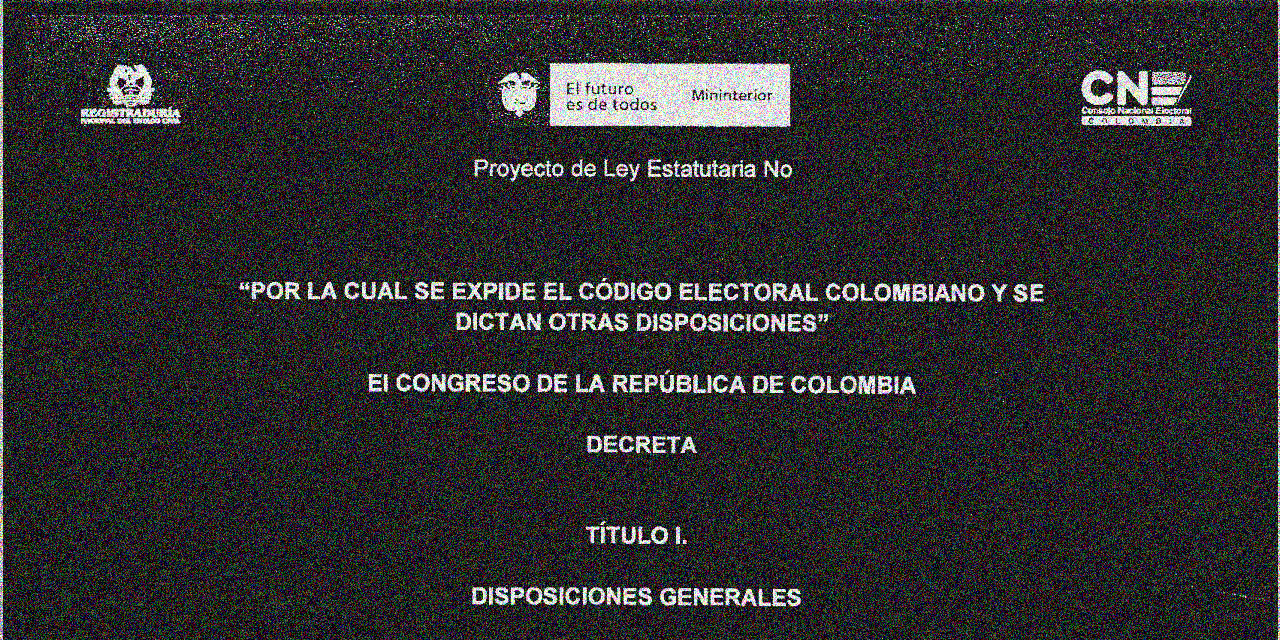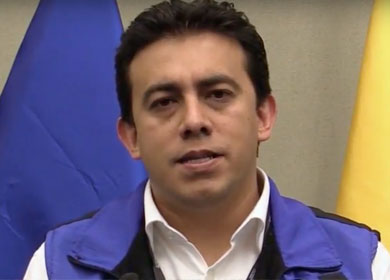Colombia’s Congress is debating an electoral reform that would allow government meddling with elections and throw the door wide open for fraud.
The reform bill as it stands would allow the president and his hand-picked National Registrar to organize the elections as they please.
The bill additionally seeks to do away with the so-called Guarantee Law, which disallows state entities to sign contracts with private contractors before and after elections to prevent bribery.
Brazen attack on free and fair elections
 While the controversial reform is not supposed to take force until 2024 — two years after far-right President Ivan Duque is expected to leave office — the bill is arguably the administration’s most brazen attack on democracy to date.
While the controversial reform is not supposed to take force until 2024 — two years after far-right President Ivan Duque is expected to leave office — the bill is arguably the administration’s most brazen attack on democracy to date.
The reform would give the president and the National Registrar all kinds of discretionary powers to organize elections, replace personnel at will and meddle with mechanisms in place to prevent and detect fraud.
The electoral reform additionally seeks to grant the president the power to replace magistrates of the already notoriously inefficient National Electoral Council (CNE).
Mechanisms for fraud
Furthermore, without Guarantee Law, authorities of any kind would be able to use public funds to, for example, buy votes or otherwise meddle with the elections.
The bill is sponsored by Interior Minister Alicia Arango and National Registrar Alexander Vega, both close allies of the president and his allegedly criminal patron, former President Alvaro Uribe.
The president of the CNE, Hernan Penagos of the U Party, also signed off on the bill that has already passed its first two votes in Congress, according to political news website La Silla Vacia.
Even German Vargas concerned
Even former Vice-President German Vargas, whose notoriously corrupt Radical Change party is a coalition partner of Duque’s far-right Democratic Center party, rang the alarm.
Last but not least, the 2021 budget increased the budget for the National Registry with 43% to freely allocate budgets, which in the worst case would make it the government’s clientelism office where companies could be paid to campaign, buy votes or engage in other practices currently considered blatantly corrupt.
Duque, Uribe and multiple members of their party are supposedly under investigation for colluding with a drug trafficking organization to buy votes in the Caribbean region.





